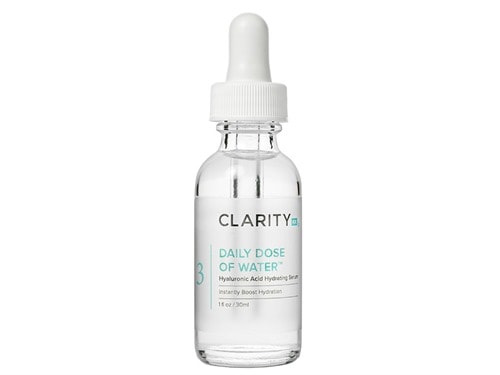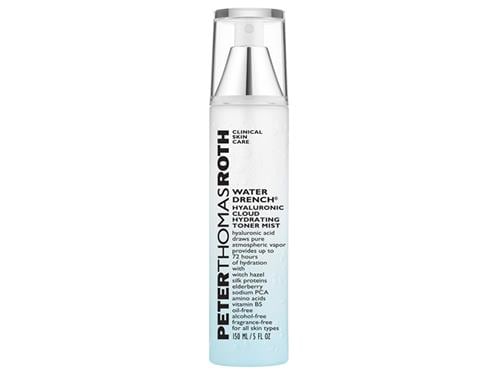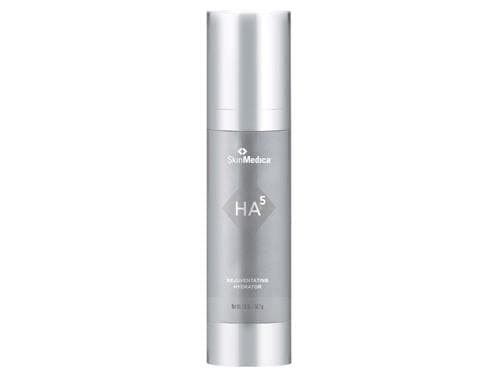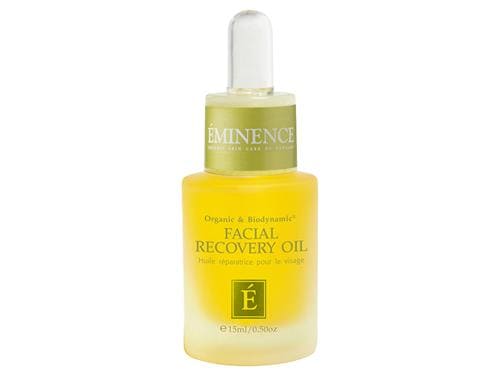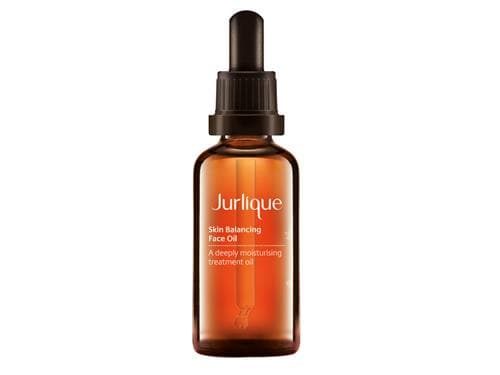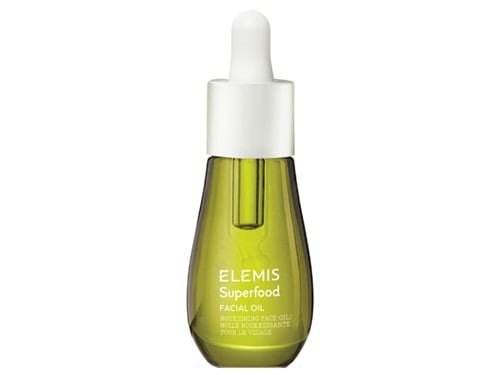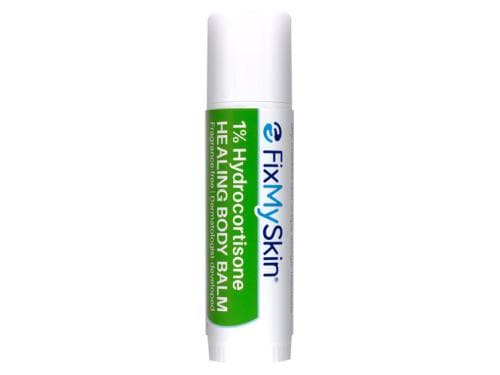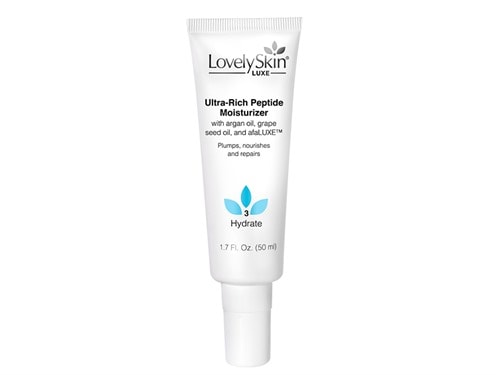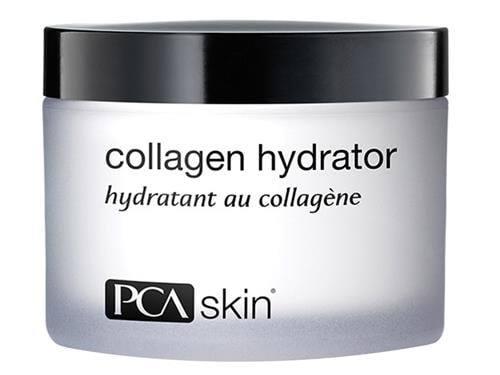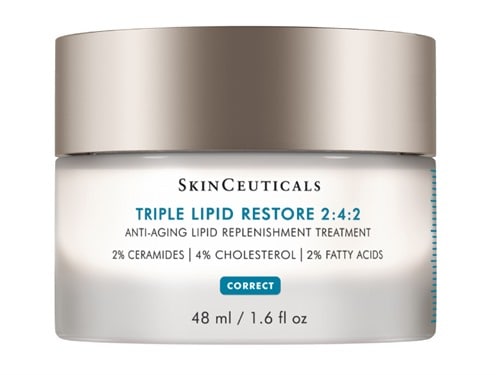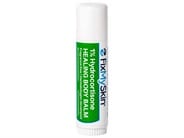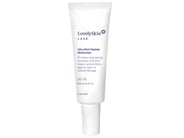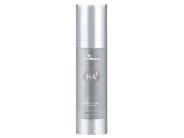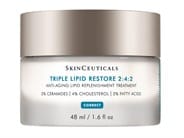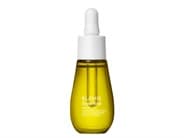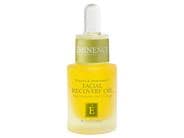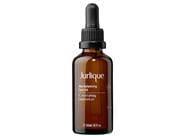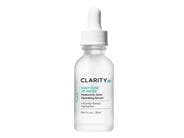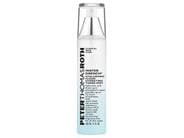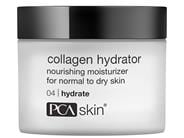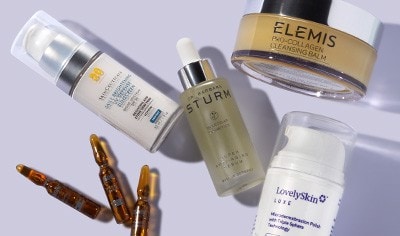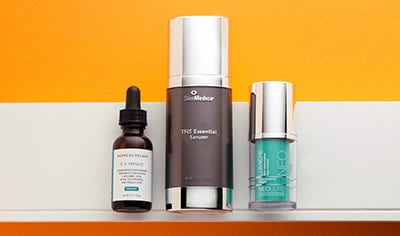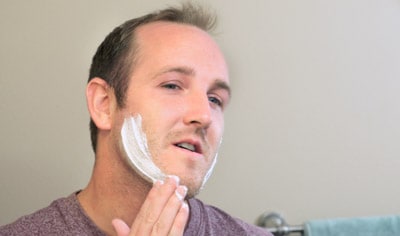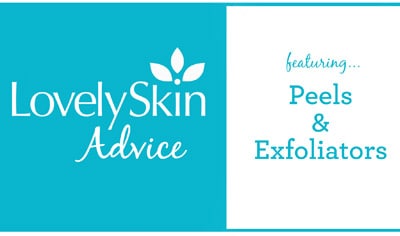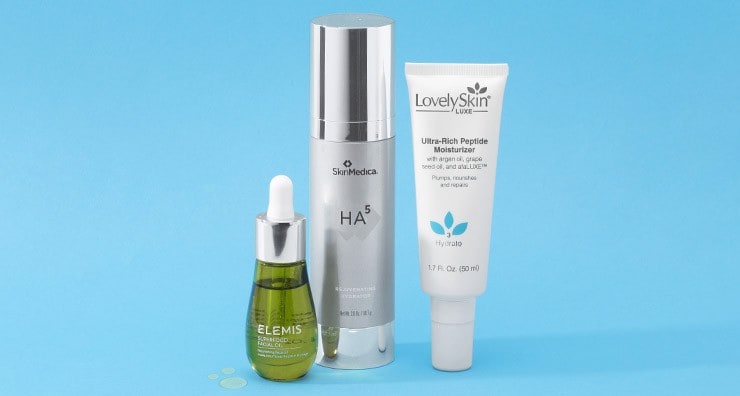
When your skin feels parched, chances are you’ll reach for a skin care product that has the words “hydrating” or “moisturizing” on the label. But, did you know that the words “hydrating” and “moisturizing” actually mean different things when it comes to skin care? In this blog post, we’ll answer questions such as:
- What’s the difference between hydrating and moisturizing?
- Do I need a hydrator or a moisturizer?
- How can I tell what products are hydrating vs. moisturizing?
- What are the best hydrating and moisturizing products for me to try at home?
Dehydrated Skin vs. Dry Skin
To understand the difference between hydrating vs. moisturizing, let’s first distinguish between dehydrated skin and dry skin. Simply put, it’s a matter of water vs. oil. When your skin cells lack water content (also known as moisture), your skin is dehydrated, or in a state of dehydration.
When your skin is dry, it generally indicates a decrease in the proper oil levels needed to lock in your cells’ water content to keep them hydrated. “Dehydration is a temporary state, while dry skin is a skin condition,” says board-certified dermatologist and LovelySkin CEO Dr. Joel Schlessinger. “It can be a sign of eczema, allergies or significant damage to the normal skin barrier. Each of these conditions can be addressed by products, but if there is an actual allergy, the problematic ingredient needs to be determined by a dermatologist.”
In other words, you can have hydrated skin that is dry (enough water but not enough oil), moisturized skin that is dehydrated (enough oil but not enough water), both (lacking water and oil) or neither (enough water and oil).
Hydrating vs. Moisturizing
When your skin is dehydrated, hydrating products can help pump up the water content in your skin cells. “Hydrating products work by pulling moisture—either from the air or from deeper layers of skin—and binding that water inside the cells of your skin’s outer layer,” Dr. Schlessinger says. When your skin is dry, moisturizing products create a barrier to trap the water content in your skin cells and prevent it from escaping.
Should I Use a Hydrator or a Moisturizer?
To figure out if you need a hydrator, a moisturizer or both, you’ll need to figure out whether your skin is dehydrated, dry or both. Take a close look at your skin for clues. Hydrated skin looks plump and radiant, whereas dehydrated skin looks dull and lackluster. Dry skin might look flaky, scaly or red. If you aren’t sure, schedule a visit with your dermatologist who can take a closer look.
If your skin looks dehydrated, make sure you’re drinking the recommended eight to ten glasses of water a day, and try adding a hydrator into your skin care routine. If your skin looks dry, try incorporating a moisturizer into your regimen, including these. If you suspect that your skin might be both dehydrated and dry, we recommend using a hydrator to draw water into your cells, followed by a moisturizer to lock in that moisture. To simplify your routine, look for a combination product that has both hydrating and moisturizing ingredients.
How Can I Tell What Products Are Hydrating vs. Moisturizing?
Because the terms “hydrating” and “moisturizing” aren’t regulated within the beauty industry, some brands may use the terms interchangeably. Confusingly, many products that say “moisturizer” on the packaging might contain hydrating ingredients, while other products that say “hydrator” might also contain moisturizing ingredients. To tell whether a product is hydrating, moisturizing or both, you’ll have to take a closer look at the ingredient list. Keep reading to discover what to look out for!
What Skin Care Ingredients Are Hydrating?
Skin care ingredients that are hydrating are called humectants. To find out if a skin care product is hydrating, be on the lookout for ingredients such as:
- Hyaluronic Acid
- Aloe
- Marine extracts
- Glycerin
- Urea
- AHA
- Propylene glycol
These ingredients help absorb water from the air or deeper within your skin and hold it in place inside your skin cells, keeping your skin hydrated.
What Skin Care Ingredients Are Moisturizing?
Moisturizing skin care ingredients are commonly referred to as emollients or occlusives. Some popular moisturizers feature plant-based oils, such as:
- Coconut oil
- Almond oil
- Shea butter
- Cocoa butter
- Jojoba oil
These ingredients form a seal on the skin to keep water content inside your cells from escaping.
Three Hydrators to Try
1. ClarityRx Daily Dose of Water Hyaluronic Acid Hydrating Serum
This fragrance- and dye-free serum is powered by hyaluronic acid, which is one of the most popular hydrators out there because of its ability to effectively bind water content in your skin cells. To up your hydration quotient, apply a thin layer twice daily in the morning and the evening.
2. Peter Thomas Roth Water Drench Hyaluronic Cloud Hydrating Toner Mist
This refreshing facial mist contains a trio of hydrating ingredients—hyaluronic acid, aloe and glycerin—to help infuse your skin with moisture. It also contains witch hazel to help minimize the appearance of pores and silk proteins to help increase skin’s elasticity.
3. SkinMedica HA5 Rejuvenating Hydrator
For hydration plus anti-aging benefits, look no further than this rejuvenating treatment. Hyaluronic acid, urea and glycerin team up to hydrate skin while peptide complex and plankton extract leave skin looking firmer and more youthful.
Four Moisturizers to Try
1. Eminence Organics Facial Recovery Oil
This multi-benefit facial oil not only moisturizes with olive and sesame oils, but it also contains clary sage oil to help balance oil production and ylang ylang oil to purify pores. The addition of eucalyptus and tea tree oils helps soothe inflammation and provide a zen-inducing, spa-worthy scent.
2. Jurlique Skin Balancing Facial Oil
You can rely on this nourishing facial treatment to protect your skin against moisture loss with shea butter, avocado oil, macadamia seed oil and safflower oil. It’s designed to be applied solo or combined with your favorite daily moisturizer for extra protection.
3. ELEMIS Superfood Facial Oil
A fleet of moisturizing plant-based oils—sweet almond, meadowfoam seed, sunflower seed and macadamia—work together to condition the skin and help it retain crucial water content. As you might guess from the name, it also contains antioxidant-rich superfood ingredients, including broccoli seed oil, flaxseed oil and radish seed extract to help nourish nutrient-starved skin.
4. FixMySkin 1% Hydrocortisone Healing Body Balm
This fragrance-free body balm in a convenient stick format contains shea butter, cocoa butter and meadowfoam seed oil to lock in moisture. “FixMySkin has 1% hydrocortisone, which heals the skin barrier and can reverse issues such as mild eczema, psoriasis and a previous allergy,” Dr. Schlessinger says. “It is particularly helpful in the winter for dry skin near the eyes and on the lips.”
Three Hydrating and Moisturizing Products to Try
1. LovelySkin LUXE Ultra-Rich Peptide Moisturizer
This anti-aging hydrator and moisturizer combo works well for those with dry, normal or combination skin. It hydrates with glycerin, locks in moisture with shea butter and improves the skin’s natural moisture barrier with afaLUXE, a dermatologist-developed molecule. It also contains pomegranate oil to help soothe inflammation, peptides to support the repair of damaged skin and argan oil to help smooth fine lines.
2. PCA Skin Collagen Hydrator
Best suited for mature skin, this collagen-boosting cream contains aloe and glycerin to help hydrate skin cells, as well as lock in moisture to help soothe irritated dry skin using sweet almond oil, olive oil and shea butter. It also features vitamins A and E to help guard skin against damaging free radicals.
3. SkinCeuticals Triple Lipid Restore 2:4:2
This treatment packs a slew of anti-aging benefits into one jar, making it easy to pamper your skin in one step. It contains glycerin to support hydration and fatty acids to moisturize, plus ceramides to help skin feel supple and firm. The addition of vitamin E works to boost your skin’s cell repair process to help prevent fine lines and wrinkles.
If you’re dealing with dryness, you know it doesn’t stop at your face. Meet the five best hand creams for dry, over-washed hands.
Shop this blog
7 Ways to Help Heal and Treat Infected P...
4 Insights Into What Type of Skin You Ha...
Follow us on social
Follow us on social networks and be one of the first to learn about sales, giveaways, and free samples

